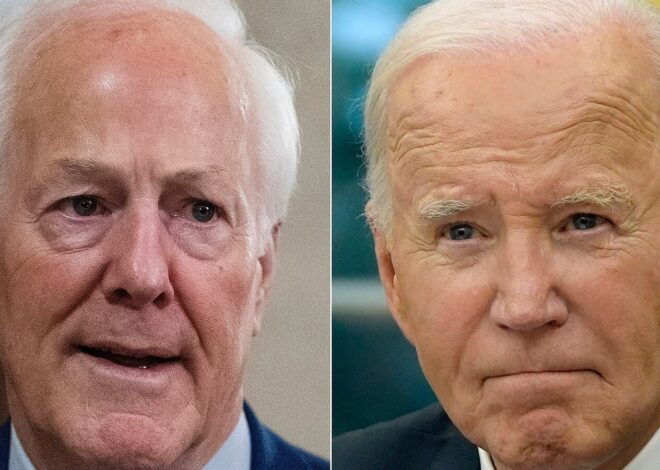
Justice Department to Terminate Police Reform Agreements with Louisville and Minneapolis
A Shift in Justice
Maybe it was only a matter of time – these things have a way of creeping up on you. A series of headlines, and now the landscape seems different. The U.S. Department of Justice has taken a step that some anticipated, yet it sends ripples across communities already stirred by past events. The decision to drop police reform agreements in Louisville, Kentucky, and Minneapolis comes with a mix of surprise and inevitability. These consent decrees, legal agreements born out of the high-profile police killings of Breonna Taylor and George Floyd in 2020, were set in place to address deep-seated issues in policing.
Initially, these decrees aimed to correct systemic unconstitutional practices and civil rights violations. The road to reform has been rocky, fraught with delays and legal wrangling. The agreements were caught in the crosshairs of administrative changes, with federal judges waiting on the DOJ to make their case – extensions seemed endless. Maybe it was expected, maybe it wasn’t – but Minneapolis Police Chief Brian O’Hara once mentioned that the fate of these decrees lies in the hands of federal judges, regardless of the White House’s stance.
Officials from both Minneapolis and Louisville have remained steadfast, their voices steady, declaring their commitment to reform. They intend to push forward with changes outlined in the decrees, regardless of the Trump administration’s cooperation – or lack thereof. Louisville’s Mayor Craig Greenberg and his spokesperson Kevin Trager affirm this sentiment, emphasizing a dedication to meaningful reforms, come what may. Meanwhile, Minneapolis Mayor Jacob Frey speaks of a resolve that perhaps reflects a broader community sentiment, “We have the tools, the resolve, and the community’s backing…” he says, determined to keep the momentum going. It’s not easy, perhaps, but there’s resolve.
In the broader picture, the DOJ’s Civil Rights Division is not just looking at these two cities. They’re retracting findings from other cities, such as Phoenix and Memphis, once believed to be engaging in misconduct. Assistant Attorney General Harmeet Dhillon argues that overboard consent decrees have inadvertently removed power from local communities, pushing it into the hands of what some describe as “unaccountable bureaucrats.” This move marks the end of what she terms a “failed experiment” during the Biden administration.
It’s hard not to wonder what all this means for the people in these cities. There’s a sense that reforms will persist, that communities and local governments will continue their work, for better or worse. The unfolding story feels like a balancing act between federal oversight and local autonomy – a delicate dance that demands both caution and boldness.
Change is rarely simple, and maybe this is just another chapter in a longer tale. As the dust settles, there might be more to uncover – a deeper understanding of what these shifts will bring. For now, it seems we watch and wait, the anticipation building for what might be next. More details on this development can be found here.



